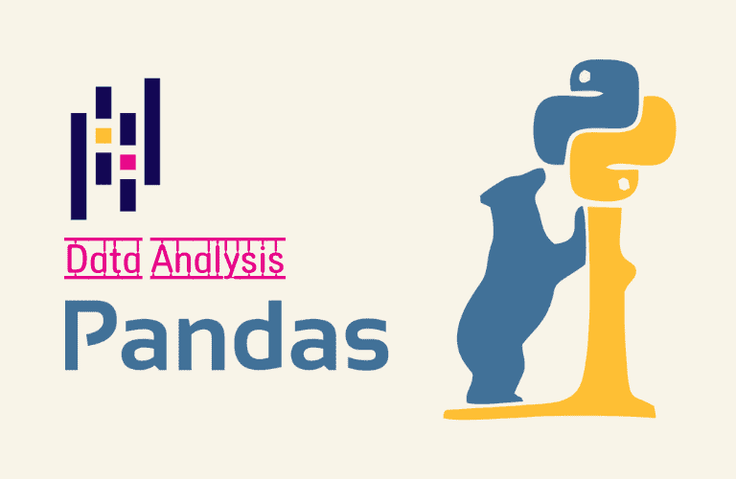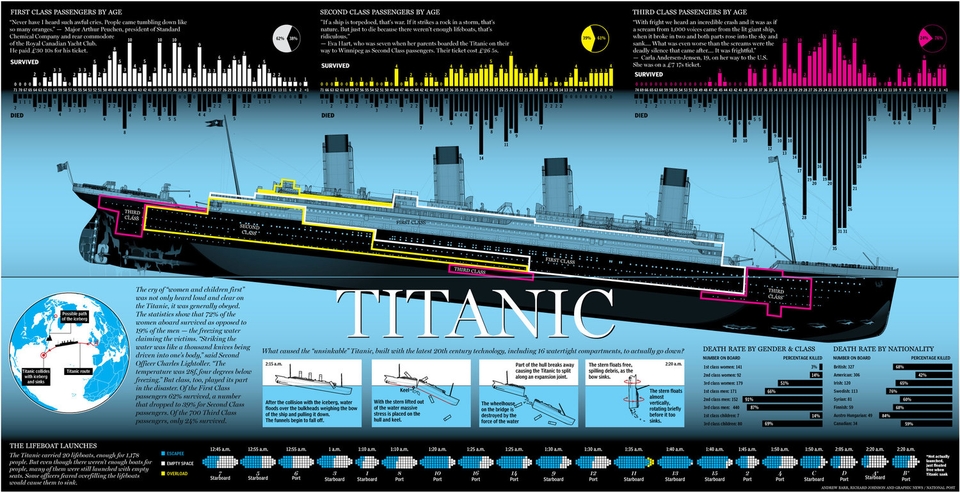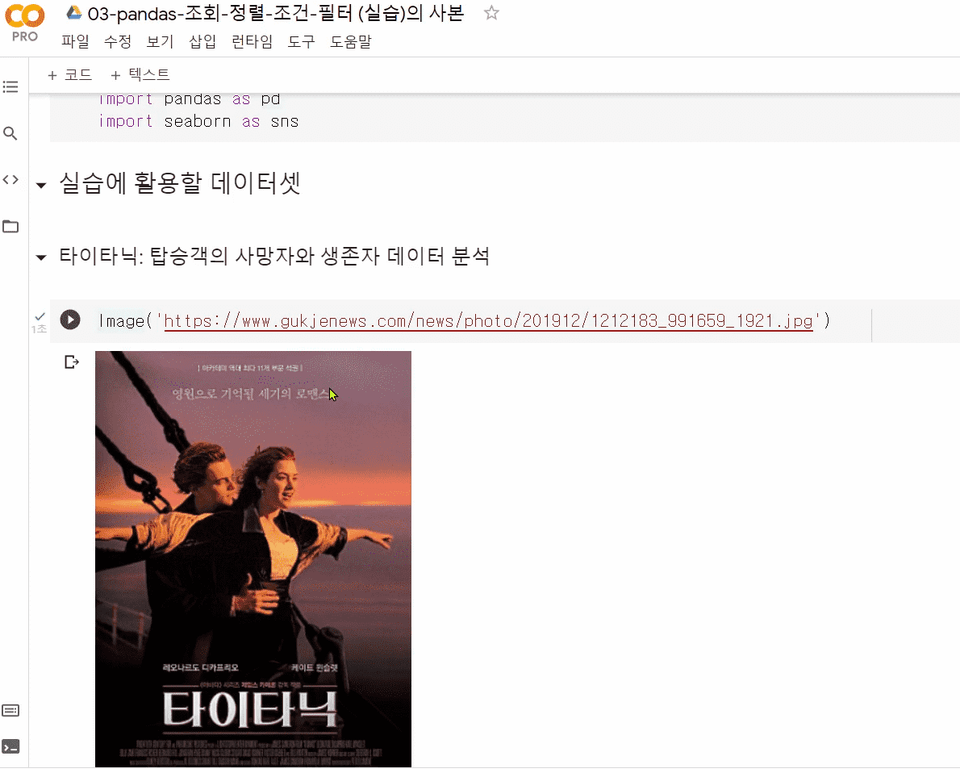
Creating a Python Web App Using Streamlit
learnaday
$8.80
Basic / streamlit
4.8
(22)
Build and share your own data analysis app quickly and easily using Streamlit!
Basic
streamlit
Pandas is one of the most widely used libraries in Python. Pandas, which has become an essential element for data analysis, you can learn everything about Pandas, the essential library for Python data analysis, through the <Pandas in One Shot> lecture.


Recommend Course to grow and earn commission!

Marketing Partners
Recommend Course to grow and earn commission!
Reviews from Early Learners
5.0
유일형
I'm listening carefully.
5.0
정용범
Short, simple and informative.
5.0
JEONG HOON
It helps me a lot to learn the basics of Pandas compactly.
Basic structure and functions of Pandas
Data processing using Pandas
Data Analysis and Visualization Using Pandas
Data analysis practice using Pandas
From Pandas basics to Titanic data analysis,
Finish it all in one room!
Pandas is one of the most widely used libraries in Python. If a data analysis expert does data analysis with Python, most of them will probably import the pandas library first.

Pandas is the most widely used in Python.
It is a data analysis library .
Pandas has become widely established as an essential element for data analysis!
If you have learned the basics of Python, you can now learn how to modify data and process it into a form suitable for your purpose through Pandas learning.
Pandas is the most essential part of data analysis using Python. Whether you are doing statistical model application, visualization, machine learning, or deep learning, you need a 'preprocessing' process to process the data into a suitable form. In order to perform this preprocessing process, you must use Pandas.
The <Complete Pandas in One Room> lecture is a lecture that allows you to become interested in data analysis and approach it more easily through various real-world case data , such as the basic concepts and principles of Pandas based on the official Pandas documentation , data analysis examples and practices using actual Titanic survivor data, etc.

Do you know about the Titanic, the giant cruise ship that sank in 1912? You probably know it because you’ve seen the movie Titanic at least once. But did you know that there is active analysis of the data on the Titanic’s survivors?
Indeed, do you think there are more first-class survivors on the Titanic? Are there more women? Or are there more people who fit certain criteria? If you are curious about the results, you can find the answer through the class.


Of course, the process of finding the answer is exciting and progresses through data analysis using Pandas.
While you study Pandas through the <Finish Pandas in One Room> class, you will have the amazing experience of naturally unraveling the secrets of the Titanic's survivor data.


The flower of data analysis can be said to be 'data visualization' . No matter how excellent a data frame is, a data frame without data visualization is just a table. Even if you are skilled in handling data using Pandas, data visualization is essential for the process of making the data analysis understandable and persuasive.
For students who have studied and mastered the roots and stems of data analysis through Pandas, this course provides an additional lecture on 'Data Visualization'.

Hello, I am Kyungrok Lee, who runs the data analysis blog and YouTube channel ' Teddy Note '.
When I first started studying data analysis , there weren't many educational institutions or resources, so it was difficult to study on my own. So I went through a lot of trial and error, watched online YouTube lectures, and received help from experts to build my skills.
I prepared this lecture with the hope of providing a good lecture to those who have had similar concerns as I did in the past.
Main history
Operating Sites and Books
Who is this course right for?
Anyone interested in and passionate about data analysis
Those who want to do more systematic and professional data analysis
Those who want to learn Pandas properly
Anyone who wants to try data analysis using Pandas
Those who want to experience data analysis using actual data
Need to know before starting?
Understanding the basic grammar of Python
3,498
Learners
235
Reviews
204
Answers
4.8
Rating
6
Courses
I dream of popularizing AI, machine learning, and deep learning.
All
113 lectures ∙ (8hr 9min)
All
10 reviews
4.6
10 reviews
Reviews 3
∙
Average Rating 5.0
Reviews 1
∙
Average Rating 5.0
Reviews 6
∙
Average Rating 5.0
5
It helps me a lot to learn the basics of Pandas compactly.
Thank you for your good review.^^
Reviews 4
∙
Average Rating 5.0
Reviews 11
∙
Average Rating 4.7
4
Actually, I had taken the Pandas basics course before, but unlike the previous course, I liked how the course taught the basics by setting topics such as data loading, data preprocessing, etc. I will listen more diligently in the future:)
Thank you for your good review.^^
Check out other courses by the instructor!
Explore other courses in the same field!
$38.50